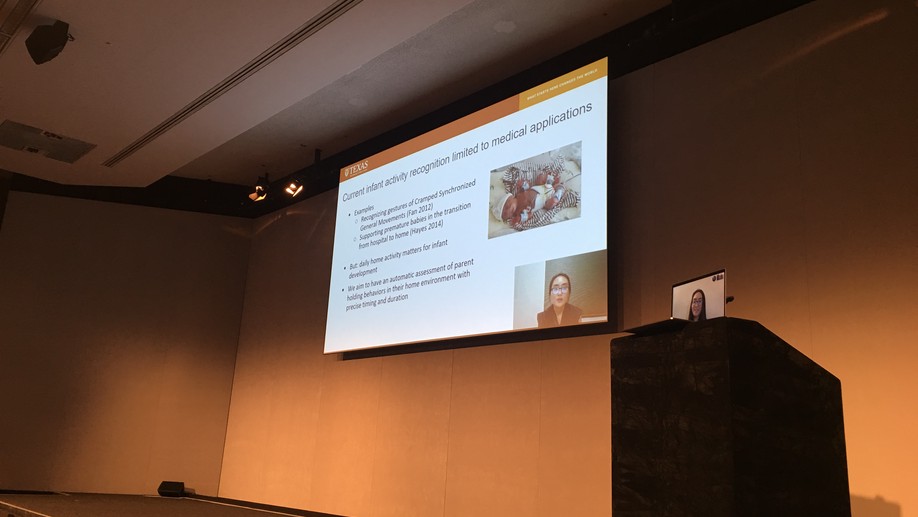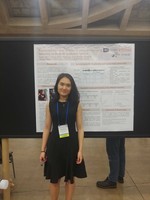Xuewen Yao
PhD student
The University of Texas at Austin
Biography
I am a PhD student at Daily Activity Lab at the University of Texas at Austin. I am interested in leveraging wearable/mobile sensors and machine learning algorithms to analyze and model human signals. In particular, I study the (stress) signals from mother-infant pairs collected longitudinally through their daily interactions. I am supervised by Prof. Kaya de Barbaro and Prof. Edison Thomaz.
“In-the-wild” dataset and individual differences are two characteristics in my research. “In-the-wild” datasets are much noisier and harder to work with comparing to lab data, but they reflect and better model our real world. I intend to build models that can detail individual differences as in health-related applications, it is not enough to have a satisfactory mean accuracy. The model needs to be good with each data point.
I have worked with motion and audio sensors extensively and developed models for parent holding behaviors, parent affect classification and infant crying/fussing classification.
Interests
- Wearable Computing
- Deep Learning
- Activity Recognition
- Affect Detection
- Natural Language Processing
Education
PhD in Electrical and Computer Engineering, 2023 (Expected)
The University of Texas at Austin
MSc in Computer Science, 2018
Gerogia Institute of Technology
BEng in Information Engineering, 2016
City Univeristy of Hong Kong










